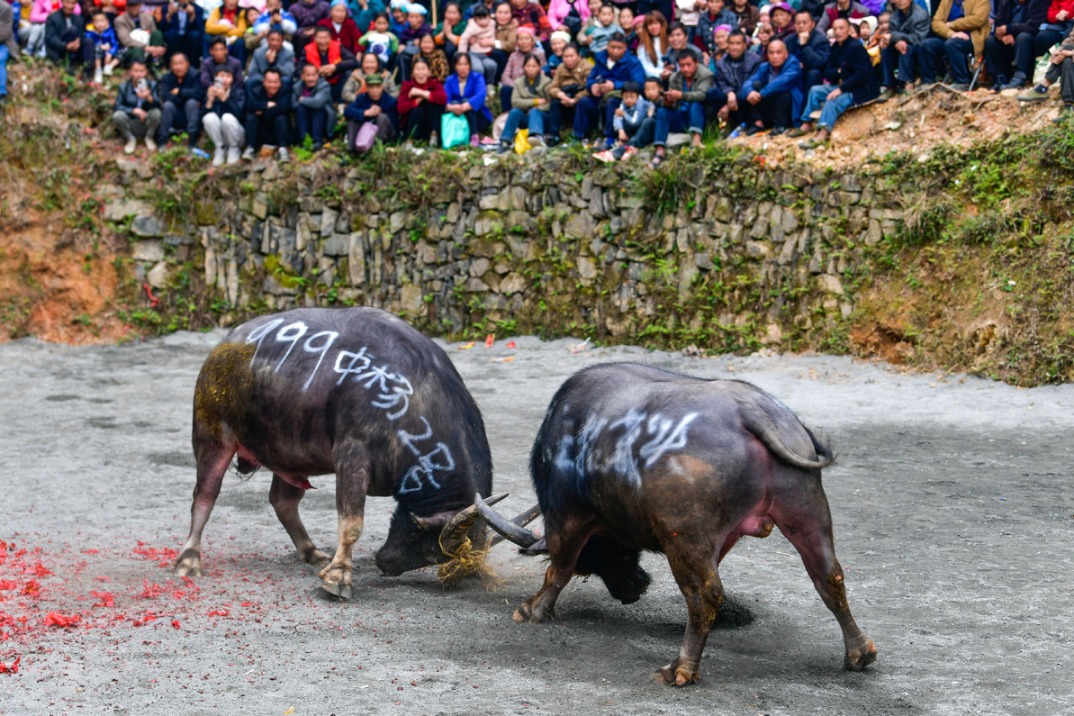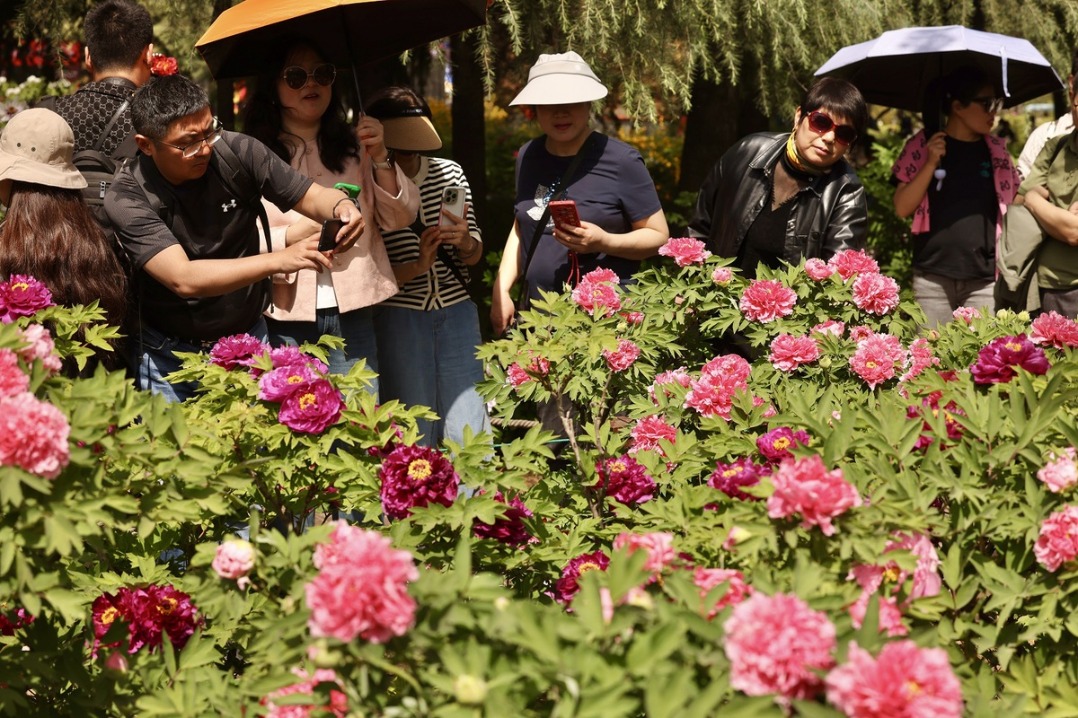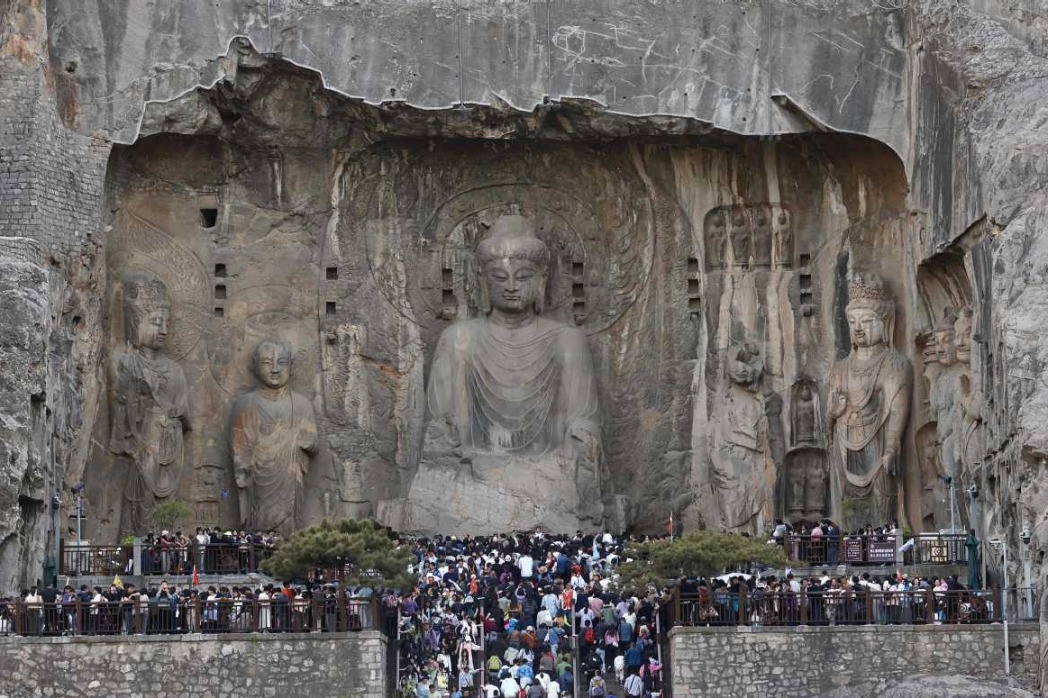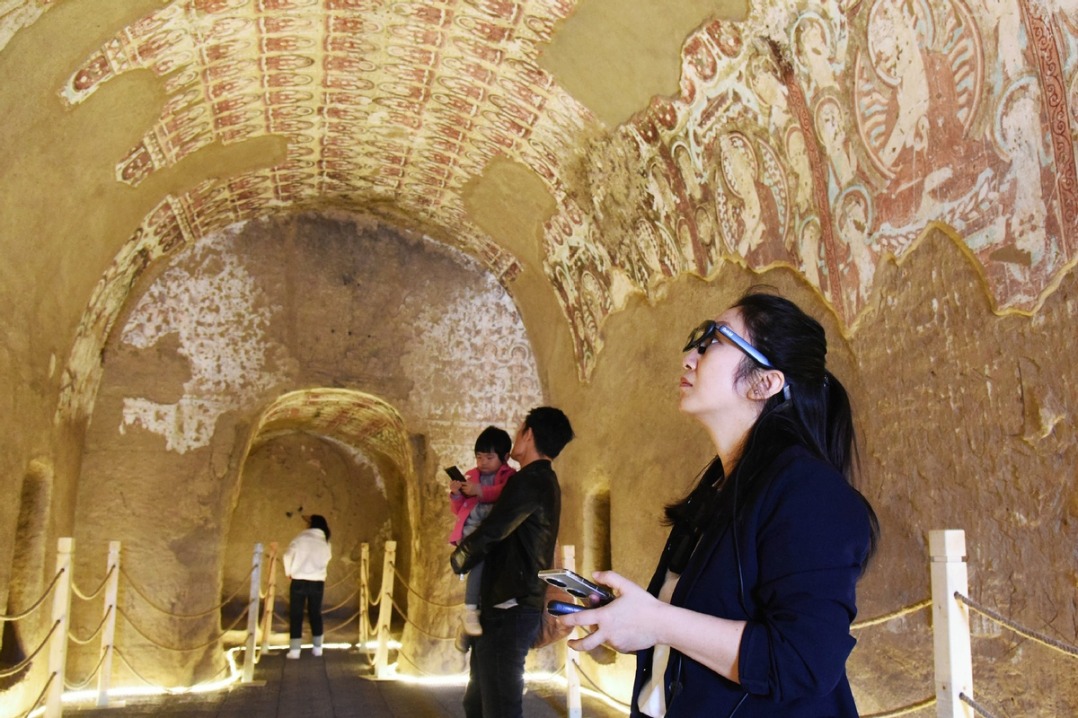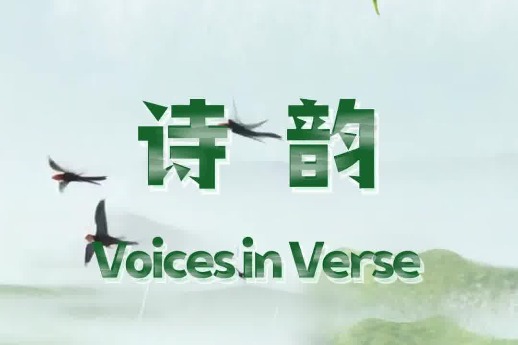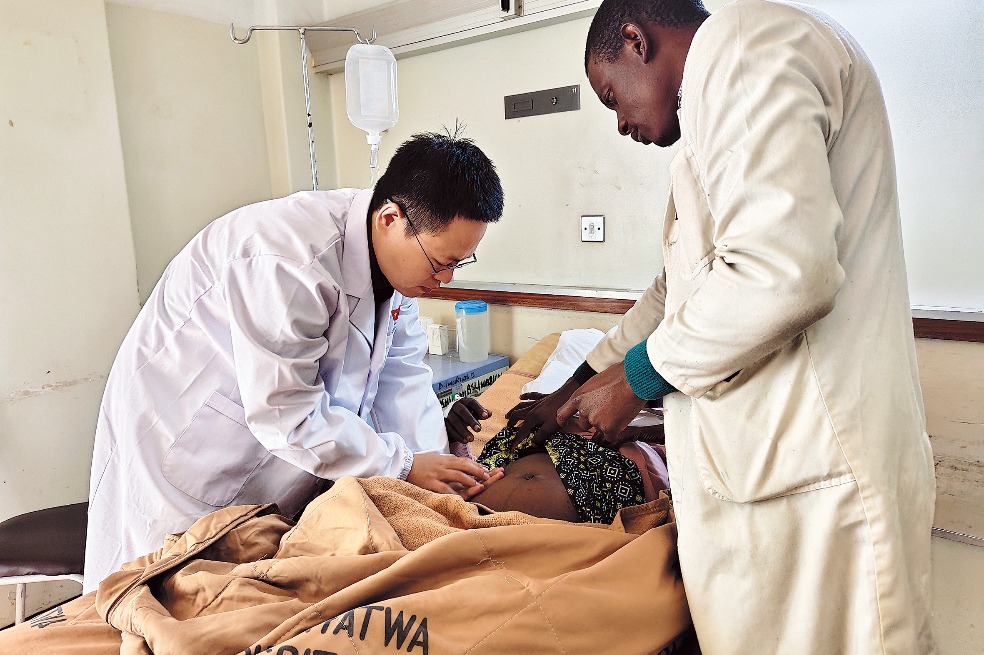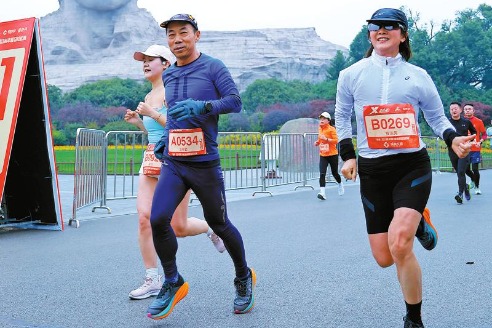Full Text: Slanderer Adrian Zenz's Xinjiang-related Fallacies Versus the Truth

Fallacy Seven: Xinjiang is a place of involuntary labor dispatch with massive forced labor
Adrian Zenz, in one of his report, has tried every means to distort the poverty alleviation policy in Xinjiang and the policy of paired assistance, and made unreasonable connection with "forced labor," thus leading to various fallacies.
Zenz said in the report that industry-based poverty alleviation is not voluntary but mandatory. He said that those who resist being alleviated from their poverty are subjected to ideological education so that their thinking aligns with the state's goals. Adrian Zenz made a basic mistake here. It is the urgent desire of the masses of all ethnic groups to live a happy life through hard work. Who would like to live a poor life without enough to eat or wear, or drink unclean water? Work is the way that human beings survive, and it is only by work that people can create a better life. The government helped poor households find jobs, earn money, and live a good and comfortable life free from the worries of food and clothes, and has been praised by the people of all ethnic groups. "By working in the village decoration firm, I have got stable income, and I'm happy seeing the smile on my family members' faces," said Abduheber Jappar, from Moyu County at a news conference on January 7, 2021. Whether such poverty alleviation efforts are voluntary or forced should be determined by people of all ethnic groups in Xinjiang instead of Adrian Zenz.
In the report, Zenz claims that the poverty alleviation plan in Xinjiang is a large-scale plan specifically designed and carried out for Muslim minorities. On the other hand, he also states that the poverty alleviation requirements of Xinjiang are accurate and require full coverage, and no one is left behind. His points of views are contradictory. As we all know, Xinjiang has been a multi-ethnic area since the ancient times. All the poor people, no matter which ethnic group they belong to, whether they believe in religion or not, have equal access to poverty alleviation policies. Through the joint efforts of all ethnic groups, 3 million rural poor people under the current poverty line in Xinjiang are all out of poverty, 3,666 poor villages are removed from the poverty list, and 35 poor counties have eliminated absolute poverty, which show that the centuries-old problem of absolute poverty has been solved historically.
Zenz said in the report that poverty alleviation is an extremely intrusive combination of forced or at least involuntary training and labor, inter-generational separation and social control over family units. He also selected screen shots of a "targeted poverty alleviation" app to demonstrate and say it consists of a large number of spreadsheets that contain the employment status of each adult citizen, the education and training status of the underemployed and children, and personal information of the elderly who live in welfare houses and nursing homes. He added that according to the documents he received from the Xinjiang government, it did show the ability and status of employment of each adult, and also included the reasons for the poverty of family members and the poverty alleviation program developed by the state for everyone. Whether the document Adrian Zenz showed is true or not, it is necessary to collect various information and formulate effective measures to help the people of all ethnic groups get rid of poverty. This exactly reflects the characteristics of seeking truth from facts, precision and scientific implementation of poverty alleviation in Xinjiang. What is the relationship between this and intrusion?
Adrian Zenz claims in the report that the whole of Xinjiang is covered by forced labor and the Chinese government forces mandatory relocation of large numbers of minority workers from Xinjiang to companies in eastern China in order to change their identity and world view. This is just Zenz's imagination and surmise. In Xinjiang, workers of all ethnic groups choose their jobs according to their own wishes, sign labor contracts with enterprises or other employers on an equal and voluntary basis and get corresponding remuneration according to the labor law and other related laws and regulations, and they also enjoy full freedom in choosing the place to work. For example, governments at all levels actively build all kinds of employment information platforms to provide information services for workers' voluntary employment. On these platforms, workers of all ethnic groups can learn about the recruitment information, including the climate of the places where they are employed outside Xinjiang, as well as the types of work, accommodation conditions, wages and benefits. After learning the basic information, they will sign up based on their own situation. Xinjiang strictly abides by the relevant national laws and regulations, vigorously promotes the rule of law, constantly enhances the law awareness of the employers and workers, carries out inspection on labor law enforcement, earnestly brings the whole process of the establishment, operation, supervision and mediation of labor relations into the orbit of the rule of law, and resolutely prevents and combats all forced labor behaviors. People of all ethnic groups' rights to remuneration, rest and vacation, labor safety and health protection, social insurance and welfare are protected according to law. In Xinjiang or other provinces, their rights and interests in religious belief, ethnic culture, language and writing are also respected and protected according to law. In recent years, Xinjiang has implemented a series of positive employment policies, which have significantly improved the income level of people of all ethnic groups, especially the poor areas in southern Xinjiang. Statistics show the per capita annual income of Xinjiang migrant workers who are employed outside Xinjiang is about 40,000 yuan, which is equivalent to the disposable income of local urban residents. The per capita annual income of the workers who are employed in Xinjiang is about 30,000 yuan, which is much higher than that of local farmers. People of all ethnic groups have gone from having enough to eat to having better food to eat, and from wearing warm to wearing beautifully. Many commodities are affordable and, and their quality of life has been greatly improved.
Adrian Zenz claims in the report that there was "forced labor" in Shache Xiongying Textile Co., Ltd. According to our survey, the workers of the enterprise applied for the job by themselves. After seeing the recruitment information, the migrant workers voluntarily go to the enterprise for employment. There is no phenomenon that graduates were transferred to labor in industrial parks as Adrian Zenz said. The factory attaches great importance to the protection of workers' rights. There are no restrictions on workers' personal freedom and no "forced labor" problems.
Adrian Zenz said in the report that 19 cities and provinces from the nation's most developed regions are pouring billions of Chinese Yuan (RMB) into the establishment of factories in minority regions. Paired assistance to Xinjiang is China's national strategy, reflecting the advantage of the socialist system with Chinese characteristics. With the strong support from all sides, the amount of investment, the number of participants, and the coverage of aiding Xinjiang are unprecedented. Building schools, hospitals, factories, and introducing experts, teachers, and technology into Xinjiang, the paired assistance has produced tangible benefits. During the 13th Five-Year Plan period, 19 provinces and cities have invested over 76.677 billion yuan in aid to Xinjiang, implemented 8,540 aid projects in Xinjiang, and over 80% of the aid funds have been invested in improving people's livelihood and grassroots units. A large number of key livelihood projects greatly improved the infrastructure and people's production and living conditions . With more medical and educational experts going to Xinjiang, the comprehensive benefits of aid to Xinjiang have been continuously improved, and the people of all ethnic groups in Xinjiang have more deeply felt the warmth of the country. Every cent of the aid fund is for the local people of all ethnic groups to live a better life, which is not used in so called "forced labor" as Zenz said.
- China shuts down web accounts for vulgar content, celebrity gossip
- China sees first decline in noncompliance with court rulings in a decade
- Shanxi's school meal fraud exposed, prompting major reforms
- 100,000 visitors attend Tianjin University's 2025 Crabapple Blossom Festival
- Postgraduate student sentenced to death for poisoning roommates
- Shanghai attracts millions of visitors during Qingming holiday

















